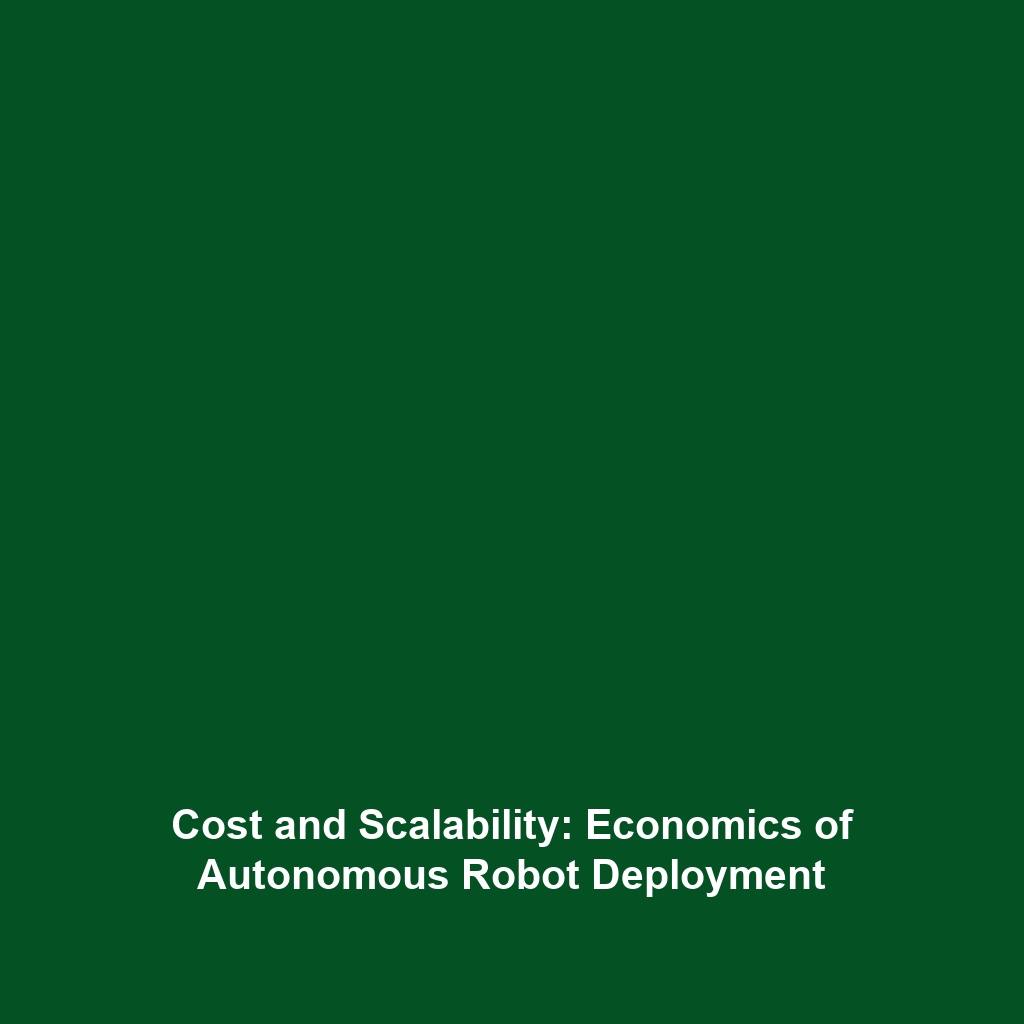Citizen Science and Big Data: Revolutionizing Research
Introduction
Citizen Science is rapidly transforming the landscape of data collection and analysis through the involvement of the public in scientific research. This participatory approach not only democratizes science but also generates vast amounts of data, a core component of the Big Data ecosystem. By leveraging the collective efforts of volunteers, Citizen Science projects significantly contribute to the advancement of knowledge in various fields, ranging from ecology to public health. As a crucial facet of Big Data in Science, understanding the synergies between these two concepts is vital for future innovations and research initiatives.
Key Concepts
Defining Citizen Science
Citizen Science encompasses public participation in scientific research, allowing non-professionals to engage directly in data collection, analysis, and problem-solving. This collaborative approach broadens the scope and scale of traditional scientific inquiries.
The Role of Big Data
Big Data refers to the massive volumes of structured and unstructured data that organizations collect, process, and analyze. In the context of Citizen Science, the data harvested from volunteers can contribute to large datasets that enhance the quality of scientific analysis.
Integration of Citizen Science and Big Data
The integration of Citizen Science into the Big Data paradigm provides opportunities for innovative research methodologies, allowing scientists to harness diverse perspectives, skills, and data sources.
Applications and Real-World Uses
Citizen Science and Big Data have significant applications that demonstrate their synergy in various fields:
- Ecology and Environmental Monitoring: Platforms like iNaturalist enable citizens to record species sightings, contributing to global biodiversity databases.
- Public Health: Projects such as Flu Near You use data collected from volunteers to track flu outbreaks in real-time, enhancing health responses.
- Astronomy: The Galaxy Zoo project invites the public to classify galaxies, creating extensive datasets that professional astronomers can leverage.
Current Challenges
While the amalgamation of Citizen Science and Big Data offers numerous benefits, several challenges remain:
- Data Quality: Ensuring the accuracy and reliability of data collected by non-professionals can be problematic.
- Data Management: Storing, processing, and analyzing vast amounts of data presents technical and logistical challenges.
- Ethical Concerns: Ensuring participant privacy and data protection are vital when handling citizen-generated data.
Future Research and Innovations
Looking ahead, the landscape of Citizen Science and Big Data is poised for significant advancements. Breakthroughs in machine learning and artificial intelligence could facilitate better data analysis processes, while mobile technologies may empower even more users to participate in scientific projects. Additionally, evolving platforms for crowdsourced data collection are expected to enhance the capabilities and reach of Citizen Science initiatives.
Conclusion
In conclusion, Citizen Science and Big Data represent a revolutionary approach to scientific research that holds immense potential for enhancing our understanding of the world. The collaboration between scientists and citizens not only enriches the data available for research but also fosters a sense of community and engagement in the scientific process. To learn more about Big Data applications in various fields, explore our related content.

Leave a Reply